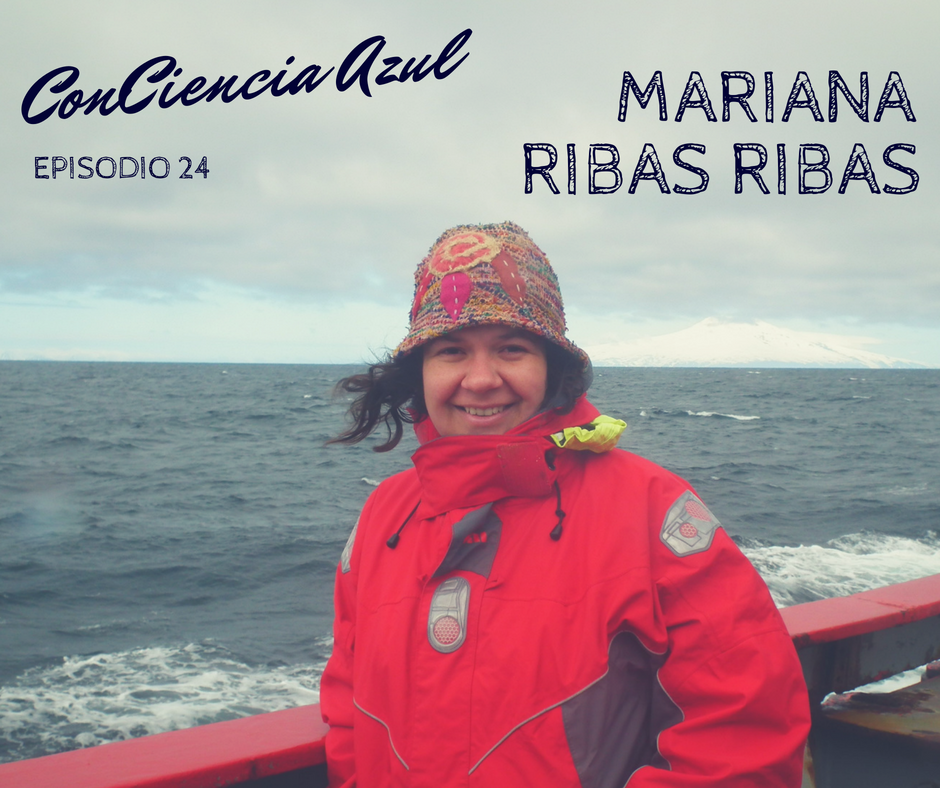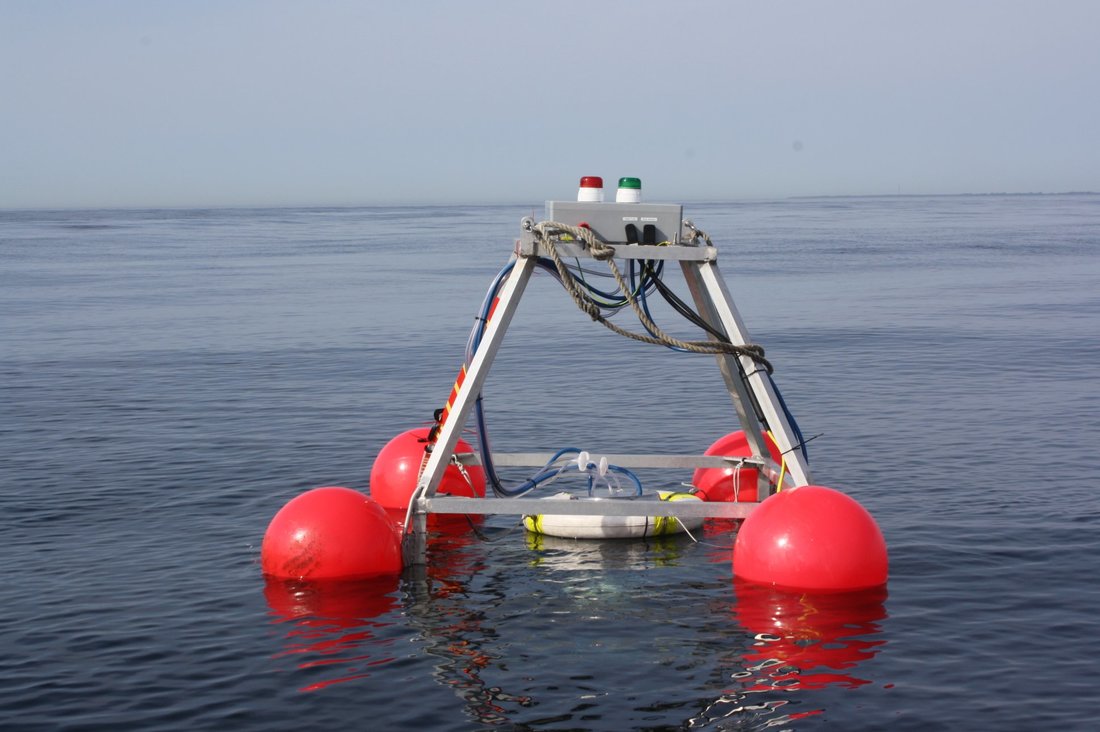|
Hoy en ConCiencia Azul, Melissa habla con una científica de España, Mariana Ribas Ribas. Mariana vive en Alemania, donde es oceanógrafa química con intereses de investigación en el ciclo del carbono y el carbon en los sistemas acuáticos. Hablamos de su investigación, las dificultades de ser una nueva madre en las ciencias y diferentes culturas. Vas a querer escuchar esta increíble entrevista; no te pierdas la oportunidad de descubrir lo que hace con su catamarán y "Sniffle". Puedes escuchar el episodio en Spotify y Apple Podcasts. ** Today on ConCiencia Azul, Melissa interviews a scientist from Spain, Mariana Ribas Ribas. Mariana currently lives in Germany where she is a chemical oceanographer with research interests in carbon and carbonate cycling across aquatic systems. We talk about her research, the difficulties of being a new mother in the sciences, and different cultures! Tune in to listen to this amazing interview- you don't want to miss out finding out what her catamaran and "Sniffle" do. Listen to the latest episode on Spotify or Apple Podcasts. Este es un video dónde se explica mejor cómo funciona Sniffle y catamaran:
|
Details
|


